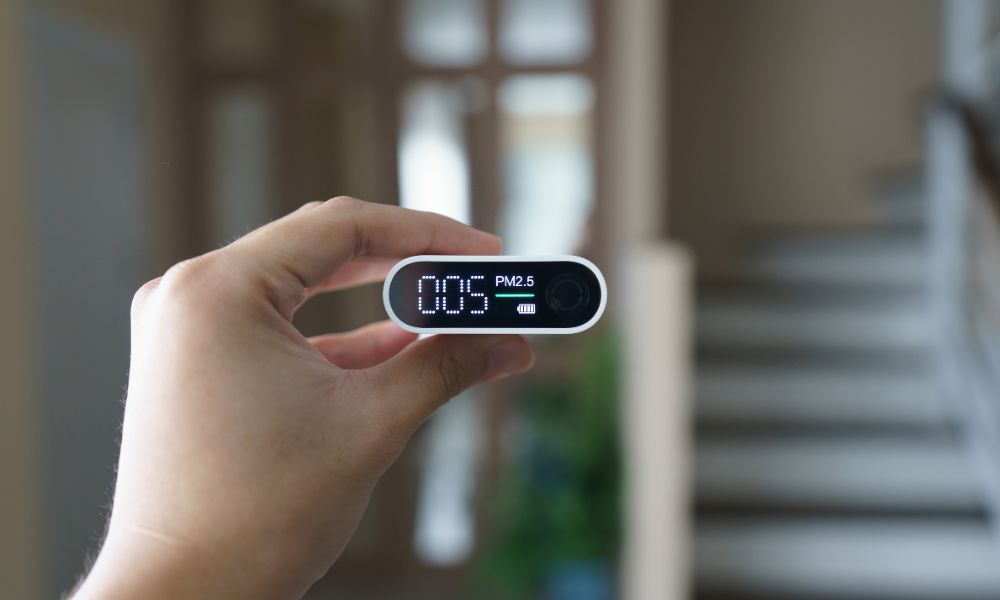
25 Jan Why Poor Indoor Air Quality Affects Allergies
As homeowners, landlords, and renovators, we must pay close attention to indoor air quality. If you or someone in your household deals with allergies, you already know how miserable the symptoms can be. However, did you know that the air quality inside your home can contribute to making those symptoms even worse? In this blog post, we’ll explore why poor indoor air quality affects allergies and what you can do about it.
Irritants
One of the main ways poor indoor air quality affects allergies is by increasing exposure to irritants. These can include dust mites, mold, pet dander, pollen, and more. When these allergens accumulate in your home, they can cause symptoms such as sneezing, watery eyes, congestion, and even breathing difficulties. To combat this issue, it’s important to regularly clean your home and invest in air filters that can trap unwanted particles.
Humidity Levels
Another way poor indoor air quality affects allergies is by impacting the humidity levels in your home. When the air inside is too humid, it can create mold and mildew, which can trigger allergy symptoms. On the other hand, when the air is too dry, it can irritate your throat and nasal passages, making allergy symptoms worse. You can use a dehumidifier or humidifier to maintain the proper humidity levels in your home, depending on the season.
Chemicals and VOCs
Poor indoor air quality can also come from the chemicals and volatile organic compounds (VOCs) in your home. Cleaning products, paint, air fresheners, and more can cause symptoms such as headaches, dizziness, and respiratory problems. To reduce exposure, use natural cleaning products and avoid air fresheners or scented candles. You can also open your windows and doors to let fresh air in.
Poor Ventilation
Finally, poor indoor air quality can come from poor ventilation. When your home doesn’t have proper ventilation, it can lead to stale air, which makes it more difficult to eliminate irritants. To improve ventilation in your home, you can open windows and doors, use exhaust fans, and ensure your HVAC system is properly maintained. Consider getting an air duct leak repair to ensure your home has the proper airflow.
Make Your Home a Comfortable and Healthy Space
Poor indoor air quality can have a significant impact on allergy sufferers. By understanding why poor air quality affects allergies, you can take steps to improve the air in your home and reduce your symptoms. Whether you invest in air filters, maintain proper humidity levels, avoid chemicals and VOCs, or improve ventilation, there are many ways to make your home a more comfortable and healthy space. Take a deep breath and prepare to make your home a place where you can breathe easily.



